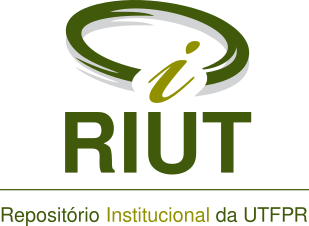Criminality and election outcomes in Nigeria
Resumo
This study explores democratic practice in Nigeria’s Fourth Republic in the light of globally prescribed and acceptable norms, tenets and values of democracy as a form of government. The study was conducted in Nigeria and adopted a multistage sampling technique to administer questionnaire to 700 delegates across the six (6) geopolitical zones of Nigeria’s 36 States. The results and findings show that Nigeria’s democracy is plagued with massive electoral fraud, including intimidation, disenfranchisement of eligible contestants and voters from participating in the democratic process, corruption of the election process, scam, and fraudulent declaration of winners of elections. The implications of such democratic deceit in Nigeria’s democracy includes voter apathy resulting from lack of confidence in the democratic process and outcome, violence and political instability and the nonparticipation of qualified and honest citizens in the politics of Nigeria. Consequently, leaders that emerge from Nigeria’s democratic politics are not always the choice of the people, which explains why they are not accountable to the people as well as why there is deficit of public trust in Nigeria’s democratic system.
Palavras-chave
Texto completo:
PDF (English)DOI: 10.3895/rbpd.v5n1.4000
Apontamentos
- Não há apontamentos.

Esta obra está licenciada sob uma licença Creative Commons Atribuição 4.0 Internacional.





